A recognition of Muslim loyalty and sacrifice during WW1 portrayed through a letter between a Muslim grandchild to his/her war hero great-grandpa to reassure him that his story and bravery will never be forgotten.
muslim
Zaki’s Ramadan Fast
This story looks at a day in the life of a Muslim boy who is fasting for the first time. Though he is still not required to fast every day for the month of Ramadan, his family gives him their support to achieve his goal of fasting one day. Even with that support, Zaki quickly learns that it takes effort.
Part of the Middle East and South Asia/Arabic Language and Culture Kit
Party in Ramadan
Although too young to fast each day, Leena decides to fast on Fridays during Ramadan. When she receives an invitation to a party held on a Friday, she makes the decision to attend, but also decides not to break her fast, even though the food looks very tempting. This book shows the observance and meaning of Ramadan from the viewpoint of a Muslim child.
Part of the Middle East and South Asia/Arabic Language and Culture Kit
Riding A Donkey Backwards
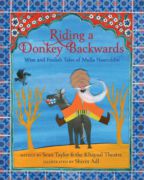
A collection of 21 riotous tales and riddles about the Mullah Nasruddin. Why does Mulla Nasruddin spoon yoghurt into the river? What is the reason he rides his donkey backwards? Why does he paint a picture that is blank? And is he crazy to move into the house of the man who’s just burgled him? Find out all about the amazing antics of Nasruddin in these twenty-one hilarious stories and riddles, famous throughout the Middle East for their jokes, riddles and wisdom.
The Camel in the Sun
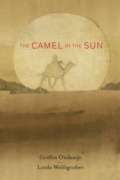
The camel has worked its entire life for a man called Halim, carrying bundles of spices, dates, incense, silver and wool on long journeys across the desert east of the Red Sea. It often has to climb steep dunes, run when it is exhausted, and wait in the hot sun while Halim sits in the shade talking to the other merchants. One day the camel is overwhelmed by sadness and finds itself in tears. But still Halim shows no sympathy. When they arrive in the beautiful garden-filled city of Medina, where the Prophet lives, the merchant refreshes himself with food and drink and then naps on a pillow of sand, once again leaving the tired camel to stand alone in the burning sun. But when the Prophet sees the camel’s plight, everything changes. Halim finally empathizes with the camel’s pain and suffering.
P Is For Pakistan (World Alphabets)
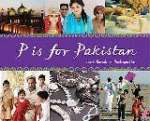
In this photographic alphabet, the author introduces young readers to some of the customs, religions and cultures – both ancient and modern – that make up this fast-developing country. Focusing on both city and country life, this is a celebration of Pakistan in all its aspects, from dhobi to jasmine, from hijab to water buffalo.
An Infidel in Paradise
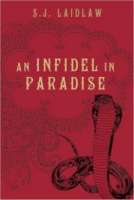
Mahtab’s Story
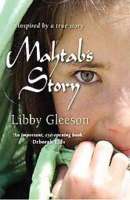
Mahtab and her family are forced to leave their home in Afghanistan and travel secretly to faraway Australia, a journey she must endure along with the disappearance of her father.
The Kampung Boy
Lat recounts the life of Mat, a Muslim boy growing up in rural Malaysia in the 1950s: his adventures and mischief-making, fishing trips, religious study, and work on his family’s rubber plantation. Meanwhile, the traditional way of life in his village (or kampung>) is steadily disappearing, with tin mines and factory jobs gradually replacing family farms and rubber small-holders. When Mat leaves for boarding school, he can only hope that his familiar kampung will still be there when he returns.
Mecca (Holy Cities)
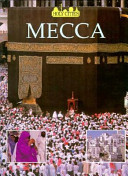
Charts the development of Mecca as the most holy city for the world’s community of Muslims, and explains clearly the history of Islam itself; shows how Mecca symbolizes the richness of Islam through its traditions, its religious festivals, and powerful art and architecture.
